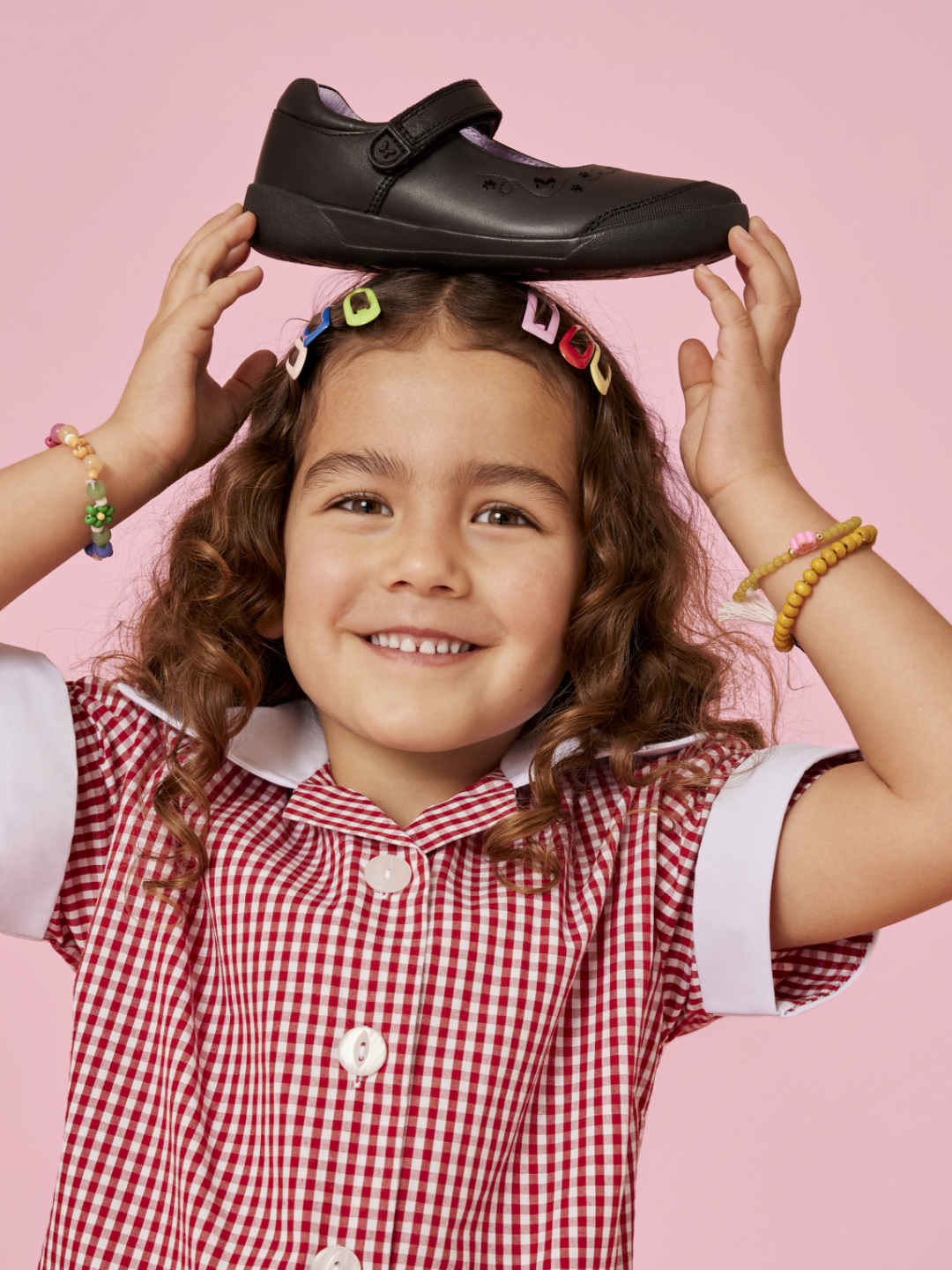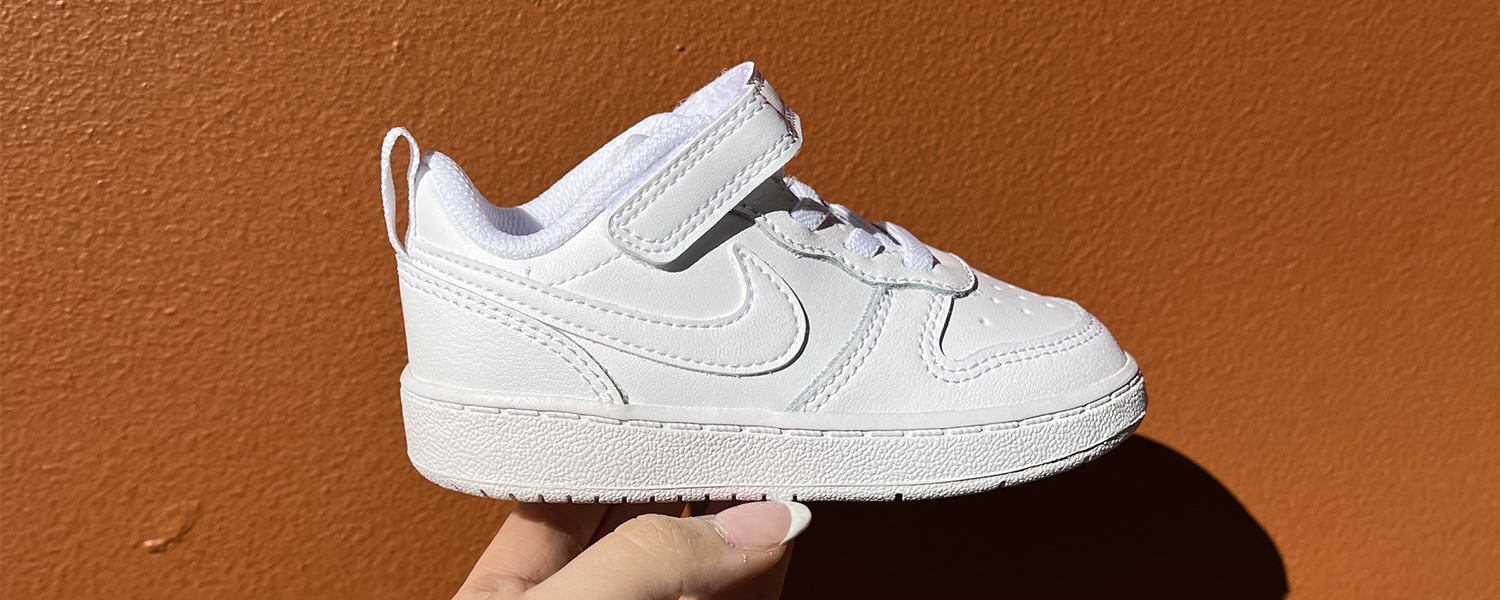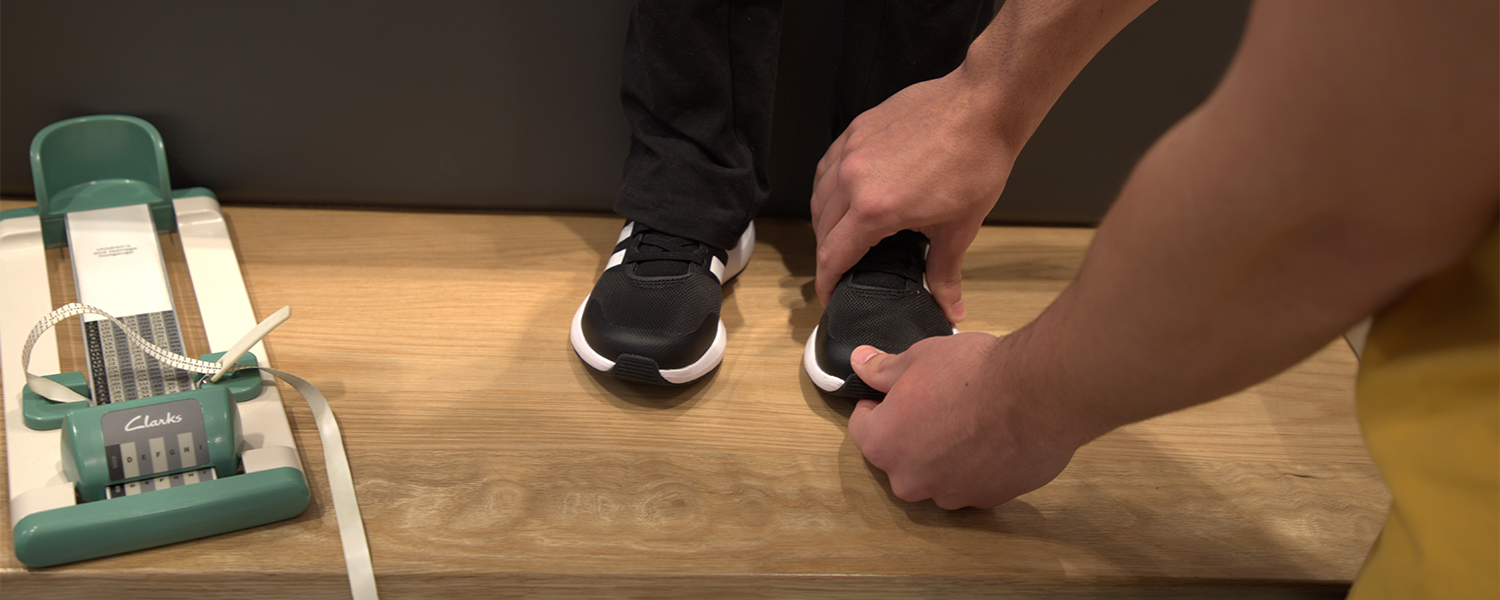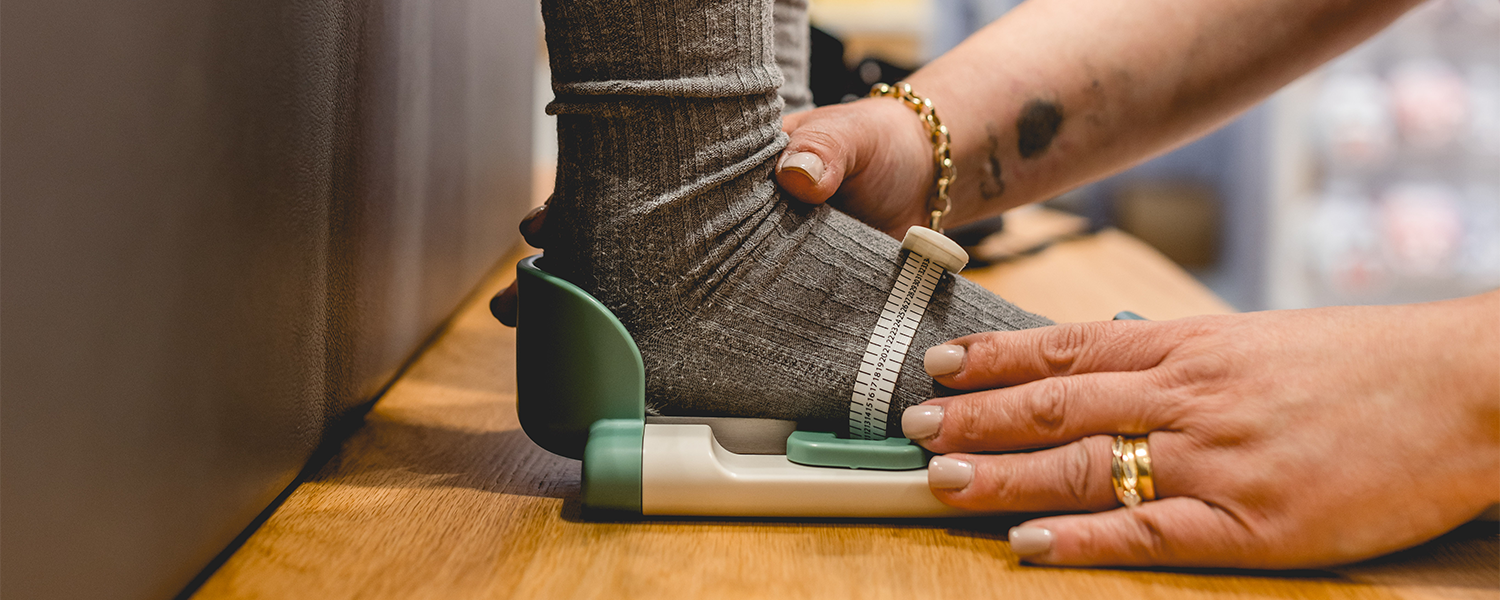
building a better environment for diverse minds
Over the last decade we have learnt a lot about neurodiversity. Still, we can always learn more, particularly when it comes to being more inclusive and understanding of those of us who who are neurologically diverse. Language and knowledge are critical in promoting inclusivity and increasing understanding, so with the help of Autism Spectrum Australia (Aspect), we’ve rounded up some things you can do you can do to make the world a little more autism-friendly.
1. Educate yourself on the diversity of the autism spectrum
You have probably heard autism described as being wide and varied – a spectrum, but you may not understand why.
Liza Cassidy from Aspect says, “We refer to autism as a spectrum because of the wide range of characteristics that people on the autism spectrum display in their strengths, communications, social interactions, sensory perceptions, thinking, displaying emotions, leisure, and play.”
Given it’s such a varied experience, it’s impossible to pigeonhole an autistic person. Just like other people, they are all different. Cassidy explains,
“There is a saying – if you have met one person on the autism spectrum, then you have met one person on the autism spectrum.”
A great place to begin your understanding is Aspect’s Fact Sheets, which provide evidence backed information about autism in an easy-to-understand format.
2. Avoid terms like ‘high’ or ‘low’ functioning
All children have their strengths and weaknesses. Using expressions like ‘high’ or ‘low’ functioning to describe autistic children is unhelpful because these words paint broad brushstrokes over a complex experience.
Cassidy says, “While someone may be ‘high-functioning’ in one characteristic, for instance, social interactions, they may be considered ‘low-functioning’ in others – for instance sensory processing. ‘High functioning’ presumes functional strengths and abilities that an individual may not have; by contrast, ‘low-functioning’ comes with preconceptions of not having any strengths or abilities.”
"It may be more helpful to look at work support an individual may need – for instance some people on the autism spectrum have high support needs, while others have low support needs – it has nothing to do with functioning.”
3. Embrace fidget toys
Right now, children everywhere seem to be obsessed with sensory toys known as ‘bubble pop its’ or ‘simple dimples’. At different points in time sensory toys have made it into the mainstream. But don’t be fooled into thinking they’re a fad - these toys have a real use for autistic children by helping them to self-regulate their emotions, sensory input, anxiety and nervous system. Content creator Tara, who designs neurologically diverse play hacks, said of her experience "I've found that Bubble Poppers act as an instant distraction when Willow's mood and emotions have become heightened, the sensory input it gives her allows her to stop, focus and regain her thoughts again."
Cassidy explains, “Fidget toys can help with concentration and attention to tasks by allowing the person’s brain to filter out other sensory distractions and to lessen anxiety. Stimming is a repetitive movement or noise that seems to help Autistic children and adults to manage their emotions and to cope with overwhelming situations – fidget toys can provide a repetitive movement that can help with that.”
4. Be kind, be patient, be understanding
Autistic people may interact in different ways to non-autistic people – but that doesn’t make these interactions any less valid. As Cassidy says, “Be respectful of differences and get to know someone before making a judgment. Understand that a person on the autism spectrum may process information differently to you, which might require you to adjust your communication style.”
Have Autistic friends, family members or neighbours in the community? We’re here to support all families. Read up on our free Inclusive Appointments, conducted by staff who have been trained by Aspect. Our appointments times are outside of regular business hours to minimise sensory stressors. We also stock a range of Bubble Pop Toys in-store, with 10% of sales donated to Aspect.
Written by Shevonne Hunt











































